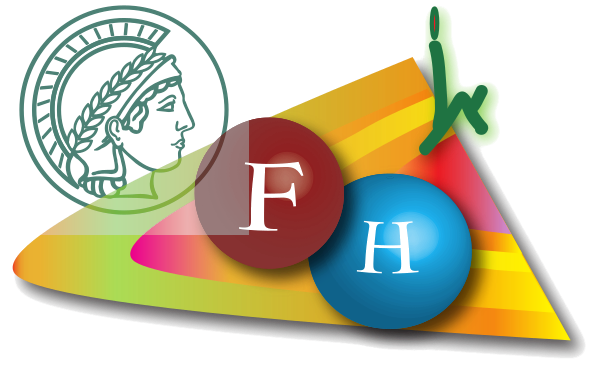The research of the center evolves around the many aspects of theoretical chemistry.
The main research areas are:
- Quantum Chemistry and Dynamics: Quantum mechanics controls many aspects of molecules. Because electrons are light and obey Pauli statsictics they are most susceptible to exposing quantum effects. Thus we need quantum chemistry to define the forces that keep atoms tightly bonded in a molecule. We need quantum dynamics to account for processes that involve electrons are fast moving nuclei.
- Biophysics: the interactions between molecules are very weak, on the order of the thermal energy at room temperature. Hence much of biology is susceptible to weak physical forces that are governed by principles of biophysics. The methods here are molecular dynamics and statstical mechanics. Effects such as self assembly and complex fluids are dominant in this field.
- Light Induce Processes & Spectroscopy: The intercation of molecules and materials with light can result in relection or absorption (followed by emmission). The absorption of light often triggers a sequence of events that make large chnage in molecules and materials. These phenomena, such as photochemistry, photbiology, spectroscopy are within this category.
- Materials and Electronic Structure: The properties of materials and nanostructures are determined by the delicate interplay of electronic and nuclear degrees of freedom. The electrons are to a larhe extent quantal while the motion of the heavier nuclei gives rise to vibrational quanta called phonons, which can sometimes be described using classical dynamics. Bulk systems are typically periodic while nanosystems are finite and therefore much more difficult to describe. Electronic structure is the theory of the charge carriers in materials and nanostructures.
- Catalysis and Chemical Reactions are the heart and soul of chemistry. Theoretical investigations of these fields involve the ellucidation of mechanisms and catalysis is achieved by the bypassing of the insurmountable barriers.
- Quantum Technology: Molecules, molecular junctions, impurities in condensed matter systems, can all serve as quantum systems for studying quantum information. Because molecules interatct with environment, they lose information and energy. Hence this topic is the playground of quantum information, computation and control vs quantum dissipation, dephasimg and nonequilibrium dynamics..

